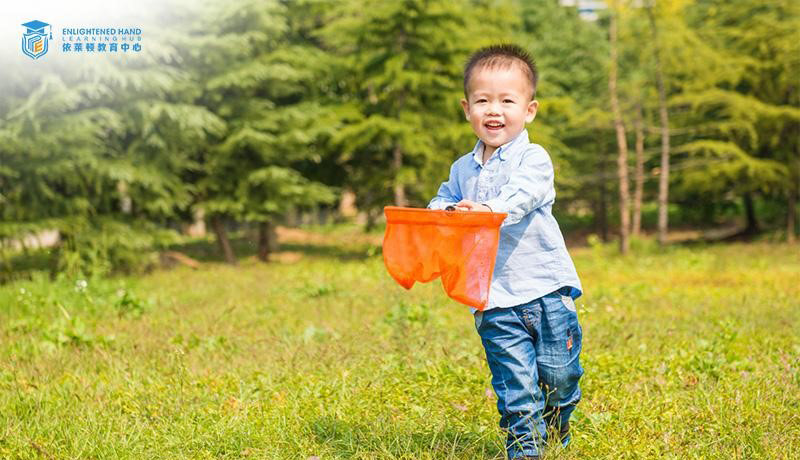After a busy day of lessons, students often need a change of pace—something that allows them to unwind while still learning and growing. Physical activities and time spent in nature are ideal for achieving this balance, offering a fun and engaging way for them to recharge. Not only do these experiences promote physical fitness, but they also enhance mental clarity, foster emotional well-being, and provide opportunities for social interaction.
This article explores the many benefits of outdoor activities for primary school students, highlighting how they contribute to physical, cognitive, and emotional development.
Benefits of Outdoor Activities for Primary School Students
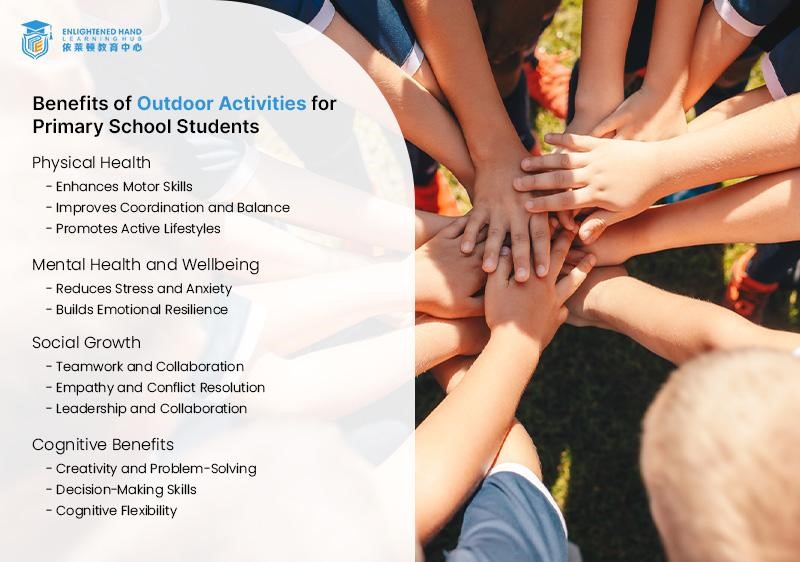
Physical Health Benefits
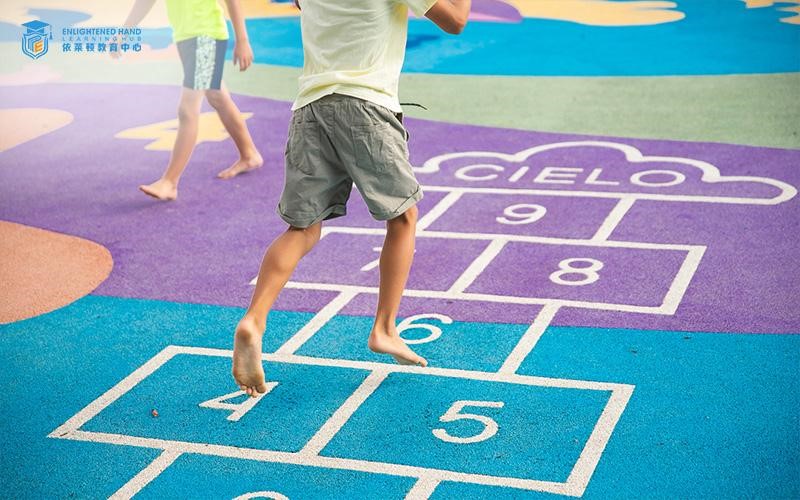
1. Enhances Motor Skills
Outdoor activities like running, climbing, and playing sports are key to developing both fine and gross motor skills. For example, playing games like catch helps children improve their hand-eye coordination, which is crucial for their physical development. These activities also strengthen muscles, build endurance, and improve agility, all of which are important for performing a wide range of physical tasks.
2. Improves Coordination and Balance
Additionally, outdoor play significantly improves coordination and balance. Simple activities such as hopscotch, skipping, or navigating obstacle courses help children enhance their spatial awareness and gain better control over their movements. Games that involve jumping over obstacles or balancing on beams provide exciting challenges, allowing children to refine their physical abilities in a fun and engaging way.
3. Promotes Active Lifestyles
Studies reveal that more than 50% of children in Singapore fail to meet the daily recommendation of at least one hour of moderate to vigorous physical activity. This highlights the importance of physical activity for kids, playing a vital role in their overall health and development. By starting an active lifestyle from a young age, they not only improve their current physical health but also reduce the risk of obesity and related health issues later in life.
Mental Health and Well-Being
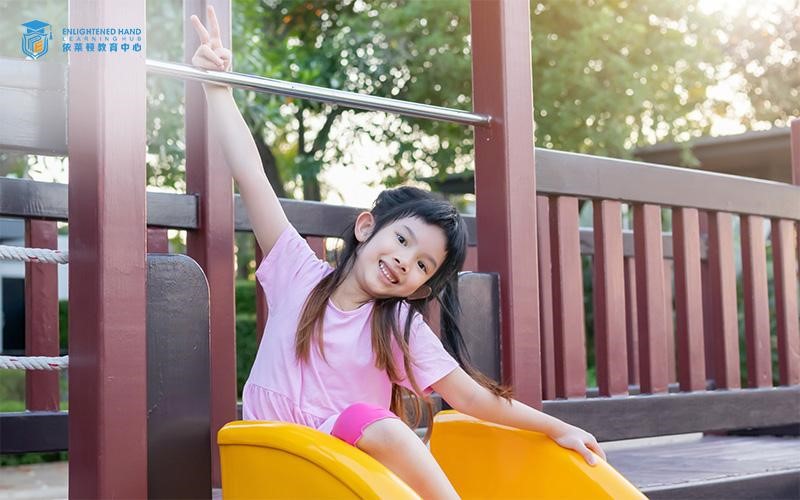
1. Reduces Stress and Anxiety
Spending time outdoors has been known to lower stress and anxiety levels in both adults and children. Whether it’s a leisurely walk or an exciting game of tag, outdoor activities provide primary school students with a chance to clear their minds after a busy day of schoolwork. Plus, nature has a calming effect that helps children feel more grounded and reduces feelings of overwhelm or tension.
2. Builds Emotional Resilience
Team-based sports and games play a key role in fostering emotional resilience. During these activities, children will likely encounter various challenges and setbacks. This allows them to learn to manage their emotions and adapt to different situations. For instance, they will learn to cope with frustration or disappointment when they don’t win or achieve immediate success. Through this, they learn valuable skills like persistence and emotional regulation, as well as the ability to learn from their experiences.
Social Growth Through Outdoor Activities
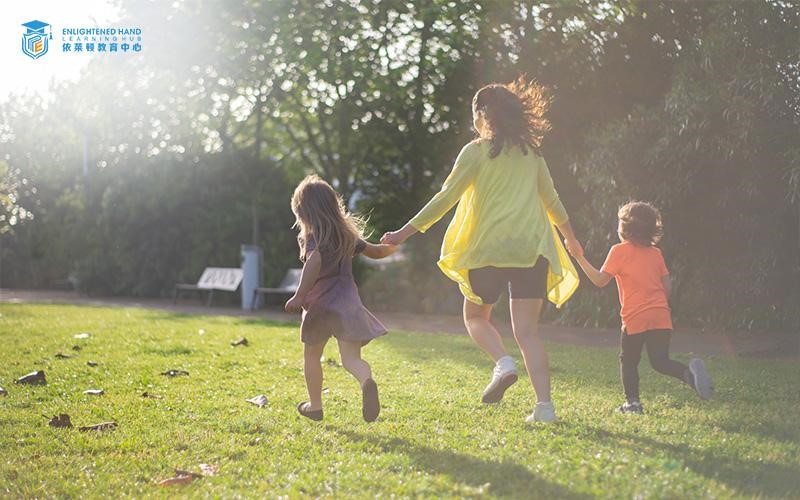
1. Encourages Teamwork and Collaboration
Outdoor activities for primary school students can impart crucial teamwork and collaboration skills. Whether it's a game of soccer, a relay race, or working together to build a fort, these activities teach kids how to communicate, share ideas, and work toward a common goal. Through these shared experiences, children learn the value of cooperation, problem-solving, and supporting one another—essential skills both in and out of the classroom.
2. Develops Empathy and Conflict Resolution
Group play also teaches children how to empathise with others and resolve conflicts. Games like “Red Rover” encourage cooperation, turn-taking, and negotiation. When children face disagreements over rules or strategies, they have the opportunity to practice compromising and finding solutions together. These situations not only help them understand the perspectives of others but also equip them with valuable conflict-resolution skills that will benefit them in their relationships with peers, both on the playground and beyond.
3. Encourages Leadership and Collaboration
Outdoor games like “Capture the Flag” or scavenger hunts give children the chance to step into leadership roles and practice guiding others in a fun setting. These activities allow kids to make decisions, encourage teamwork, and motivate their peers, all while learning the importance of listening and collaborating. Leadership in these games is about more than just being in charge—it’s about working together, sharing ideas, and supporting one another. Participating in these activities will help children develop key skills like initiative, responsibility, and teamwork to help them thrive in adulthood.
Cognitive Benefits of Outdoor Education
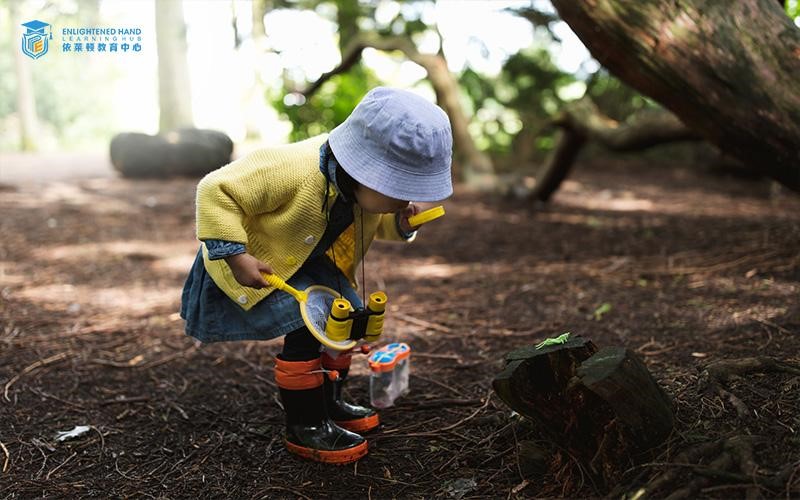
1. Stimulates Creativity and Problem-Solving
Scavenger hunts, treasure hunts, and building forts are fantastic opportunities for children to boost their creativity and problem-solving abilities. These outdoor activities encourage critical thinking in primary school students as they face challenges and come up with solutions. Whether it’s figuring out how to build a fort with limited materials or solving clues during a treasure hunt, these experiences promote imaginative thinking and help kids develop the cognitive skills needed to approach problems from different angles.
2. Enhances Decision-Making Skills
Spending time outdoors also provides children with many chances to practice decision-making. From choosing which game to play to determining the best way to approach a physical challenge, these experiences require children to assess situations and make informed decisions. In the long run, this strengthens their ability to think critically and make choices independently.
3. Develops Cognitive Flexibility
When playing in nature, children will need to adapt quickly to their changing environments and any unexpected obstacles. For example, while navigating an obstacle course or taking part in a dynamic game, children learn to adjust their strategies and think on their feet. This ability to shift thinking and adapt to new challenges fosters cognitive agility, helping children become more flexible thinkers.
How After-School Programmes Integrate Outdoor Activities Into Your Child’s Routine
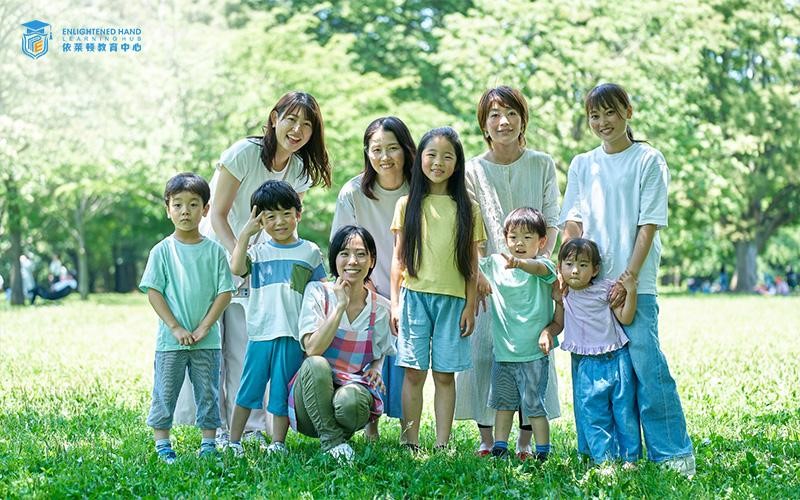
After exploring all the benefits outdoor play offers for your child’s development, it’s clear that these activities are key to their well-being. But how do after-school programmes at Enlightened Hand Learning Hub fit these outdoor experiences into your child’s day? Let’s take a look at how we balance learning, fun, and personal growth.
1. Create a Balanced Schedule
Enlightened Hand’s after-school programme strikes a balance by combining structured activities like homework help and tuition with plenty of outdoor play. The structured time ensures that children receive the academic support they need, whether it’s working through assignments, reviewing lessons, or getting extra help in subjects they find challenging. At the same time, outdoor activities allow primary school students to relax, socialise with friends, and express themselves. This combination of focused learning and fun helps children stay engaged and motivated, allowing them to build both their academic skills and emotional well-being in a well-rounded, enjoyable way.
2. Enhance Focus Through Outdoor Time
Outdoor activities for primary school students are not only fun but also positively impact their ability to focus on academic tasks. Research shows that physical activity, especially outdoors, boosts cognitive function and improves concentration. After an engaging sports or play session, children will return to their homework and revision with heightened focus and increased energy. This offers them a much-needed mental reset, helping them to approach academic challenges with renewed clarity and focus.
3. Align with Developmental Needs
At Enlightened Hand Learning Hub, our educators carefully design outdoor activities to complement the developmental needs of primary students. We create a seamless transition between indoor and outdoor learning to support both cognitive and physical growth.
Our indoor activities, such as study sessions and engaging Chinese calligraphy courses, focus on enhancing essential skills like problem-solving and critical thinking. Meanwhile, our outdoor activities offer students the opportunity for hands-on learning and physical exploration. This balanced approach to student care creates a dynamic environment where children can absorb knowledge while staying active, energised, and excited to learn.
4. Encouraging Social and Emotional Development
After-school programmes provide a great opportunity for children to develop important social and emotional skills that go beyond what’s taught in the classroom, and outdoor activities play a big part in this. As highlighted earlier, outdoor play offers a myriad of benefits for social and emotional development in children. By giving them the tools to navigate both social interactions and academic challenges, Enlightened Hand Learning Hub aims to set children up for long-term success, inside and outside the classroom.
How Parents Can Encourage Lifelong Outdoor Engagement
As parents, you also play a key role in encouraging your children to stay active and engaged outside long after school hours. In this section, we’ll explore a few easy and effective ways to inspire your kids to embrace the outdoors.
1. Lead by Example
Children are more inclined to adopt healthy habits when they see their parents actively participating in physical activities. Whether it's going for a walk, cycling, hiking, or playing sports, parents can model the enjoyment of being active. When these bonding experiences become a regular family routine, children see them as a normal, enjoyable part of life and are more likely to continue these habits on their own.
2. Create Fun Adventures
Plan adventures such as weekend hikes, nature explorations, or park visits. Fun challenges like scavenger hunts, birdwatching, or simply discovering new trails can spark curiosity and foster a love for the natural world. By transforming these moments into exciting experiences, you encourage children to see nature as a thrilling and rewarding space, leading to lasting memories and a deeper connection to the environment.
3. Provide the Right Tools
Equip your child with the proper gear for physical play, whether it’s a bike, soccer ball, or hiking shoes. Having the right tools helps children feel confident and motivated to engage in activities, boosting their enthusiasm. When they are well-prepared, they are more likely to feel capable and enjoy physical challenges. Additionally, consider signing them up for sports or nature clubs; this enhances their skills and provides more opportunities for regular engagement and social connections.
4. Limit Screen Time and Encourage Outdoor Play
To help children build a lasting connection with nature, limit screen time and prioritise time spent being active. Dedicate moments for physical play without distractions, allowing kids to explore, socialise, and enjoy themselves. When these experiences become a regular part of their routine, children develop a positive relationship with physical movement, contributing to their overall well-being and fostering a lifelong love of nature.
Frequently Asked Questions
1. What types of outdoor activities are best for primary school students in after-school care programmes?
Outdoor activities for primary students should focus on physical activity, creativity, and social interaction. Running games like tag or relay races help kids develop motor skills, while team sports like soccer and basketball teach teamwork and communication. Scavenger hunts mix physical activity with problem-solving, encouraging teamwork and creativity. Nature walks give children a chance to explore their surroundings and reflect. By offering a variety of activities, after-school programmes can help children grow both physically and mentally while having fun.
2. How can after-school care centres ensure safe outdoor activities for students?
A reliable education centre in Singapore will provide proper supervision and maintain an appropriate caregiver-to-child ratio. Using age-appropriate equipment and adjusting activities based on weather conditions are also key steps. Tutors will also teach children about safety rules, like staying within boundaries and knowing how to report injuries. With these measures in place, after-school programmes can create a safe, enjoyable environment for kids to be active and play outdoors.
3. How do after-school programmes cater to different age groups in outdoor activities?
After-school programmes adapt outdoor activities to suit the developmental needs of different age groups. Younger children might engage in simple games like tag or obstacle courses to develop motor skills, while older students can participate in more complex activities such as team sports or problem-solving challenges. By tailoring activities to each age group's capabilities, after-school programmes ensure all children benefit from outdoor play in ways that support their growth.
Conclusion
Outdoor activities are more than just a fun break for primary students—they are integral to their growth and development. When included in after-school care programmes, these activities promote a balanced approach to learning, where children develop key life skills and improve their physical, social, and emotional well-being.
At Enlightened Hand Learning Hub, we take a holistic approach to education, nurturing both the mind and body. Whether it’s our balanced after-school curriculum or our engaging holiday programmes, we are dedicated to helping your child build confidence, resilience, and a well-rounded character.
Contact us today, and let's work together to set your child on the path to lifelong learning and success!




